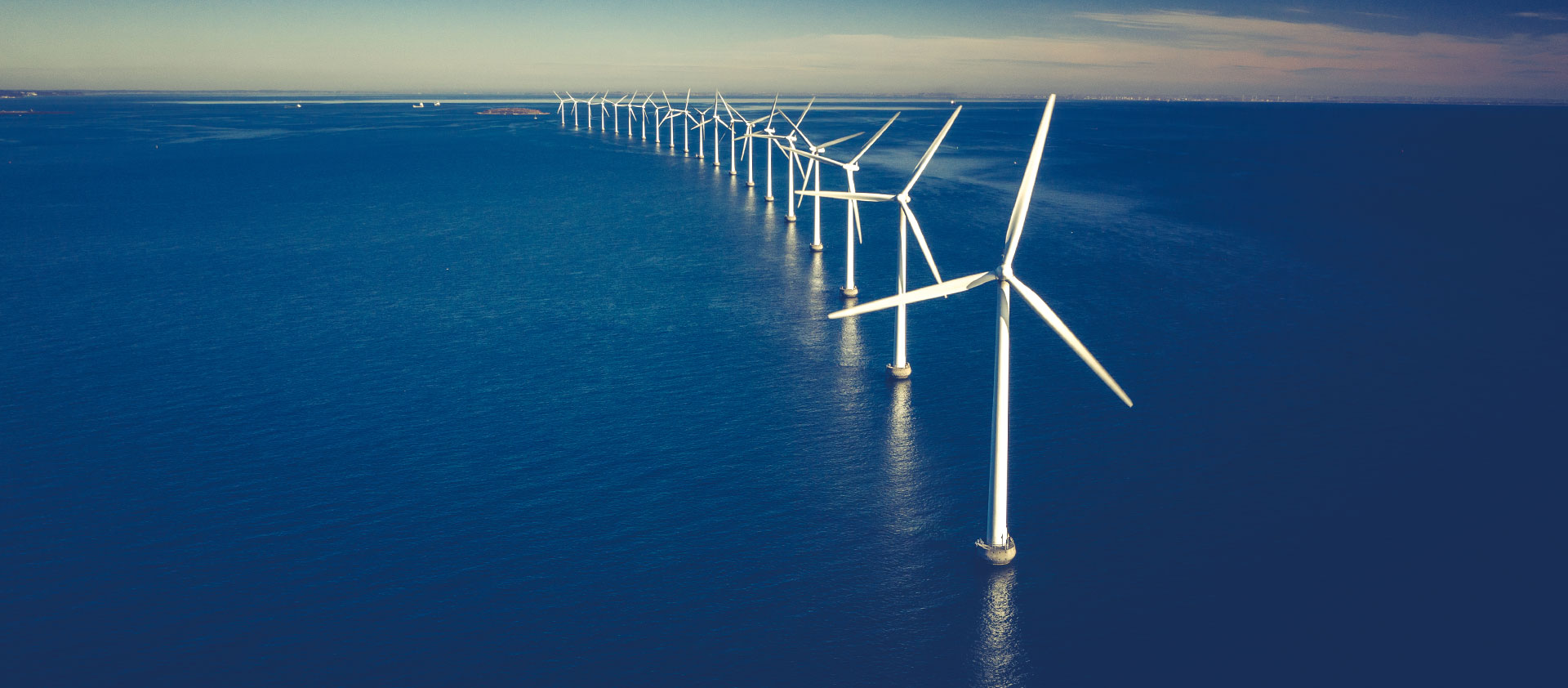AER AGL Aluminium Batteries Battery Budget BYD CATL CBAM China Coal Critical minerals Decarbonisation Diesel DMO Election Electric Vehicle Electricity/electrification electrostate Energy crisis Federal Election Finance Sector & Emissions Gas Green Iron/Steel Hydrogen India & Adani Methane Nuclear offshore wind Oil OP EDS Peter Dutton Podcasts Renewables Solar Tariff Taxes and subsidies US IRA/EU NZIA et al Wind
MEDIA RELEASE | US-AUSTRALIA CRITICAL MINERALS DEAL HAS POTENTIAL TO DIVERSIFY & IMPROVE RESILIENCE OF KEY GLOBAL SUPPLY CHAINS
___
Australia’s next big export? Turning rubbish into jet fuel
Smart Company
AI Data Centers, Desperate for Electricity, Are Building Their Own Power Plants
Wall Street Journal
Australia rethinks rare earth strategy
FDI Intelligence
Adani denies claims it sold ‘below-market coal’ leading to Queensland missing out on hundreds of millions in royalties
The Guardian
RWE scraps Gippsland offshore wind project due to costs and auction uncertainty
Renew Economy
How mega batteries are unlocking an energy revolution
The Financial Times
The ‘profound’ global impact of China’s rise as an electrostate
The Financial Times
INTERVIEW | Tim Buckley on ABC Illawarra
ABC Illawarra
PODCAST | Tim & Grant McDowell on Spark Club: Emissions targets are a thing
Spark Club Podcast
OP ED | China is likely to surpass its new emissions target. Australia should emulate its energy plan
Pearls & Irritations
Iron ore miner spells out green iron, new metals and the repair job targets for its leadership team
The Australian
